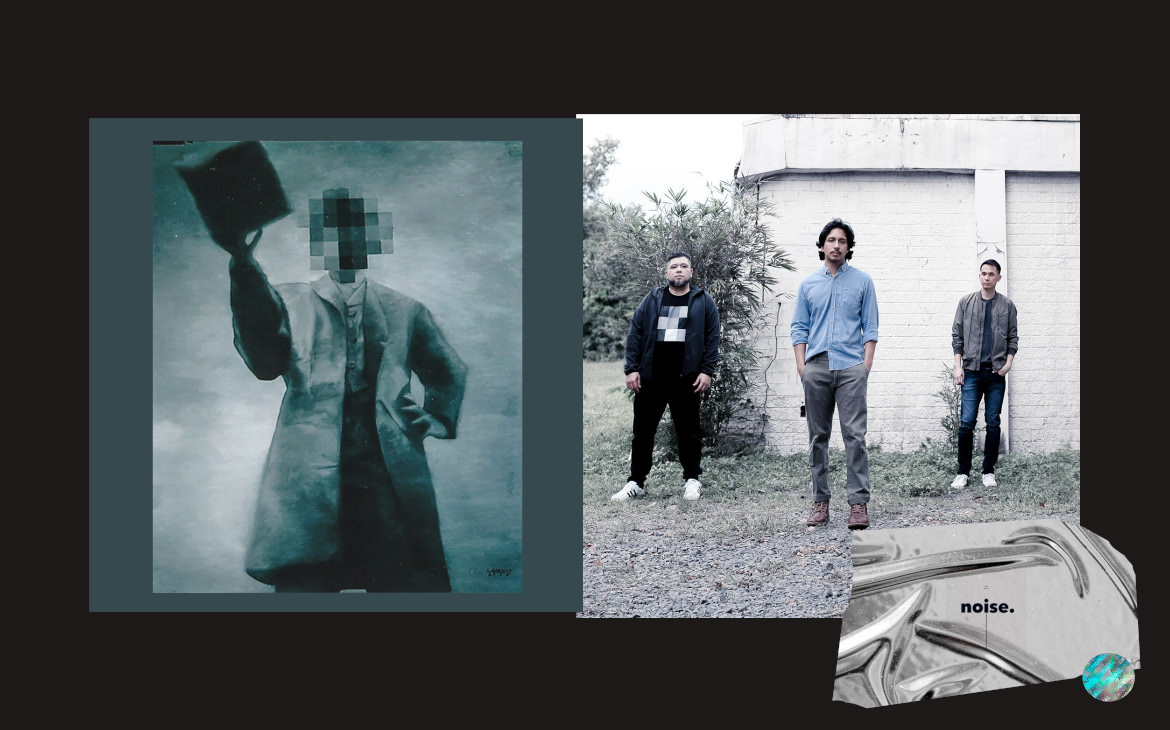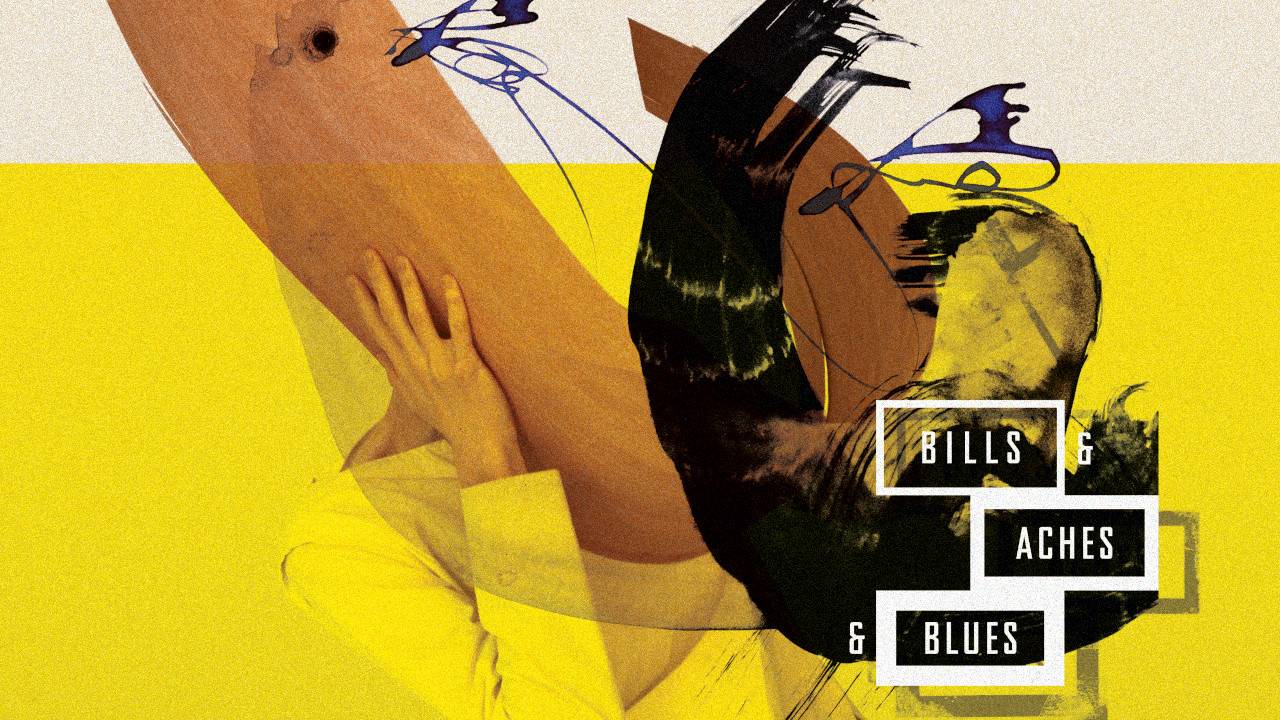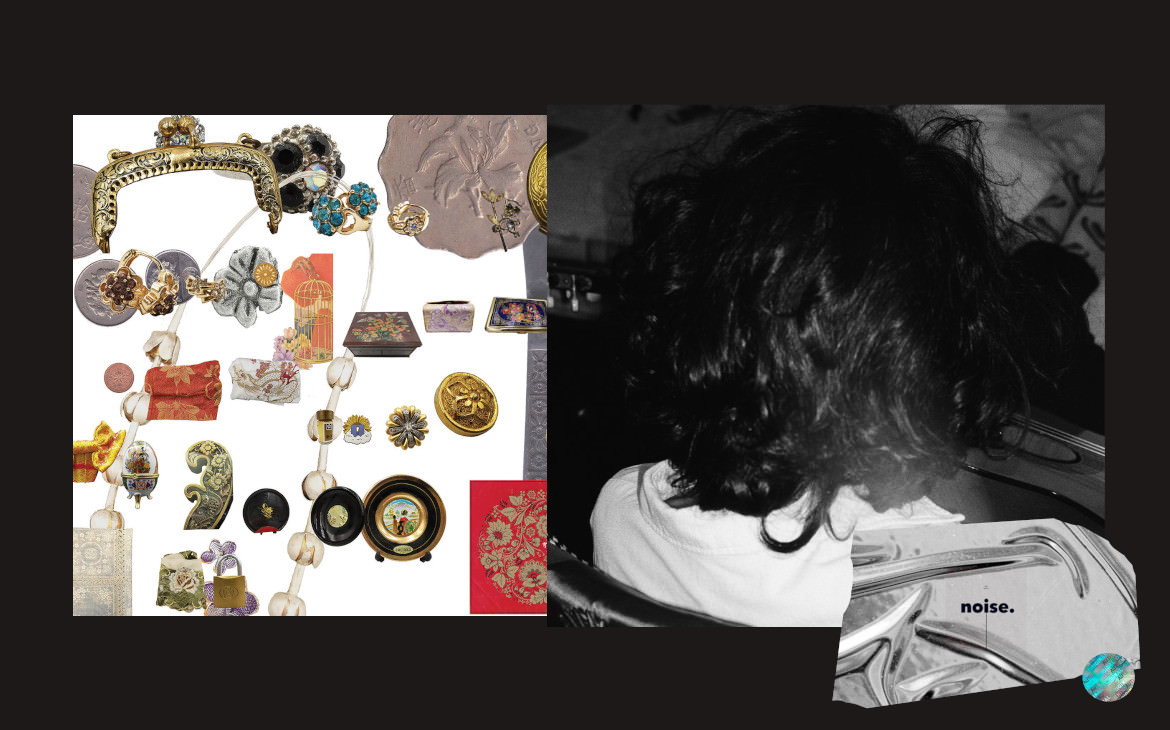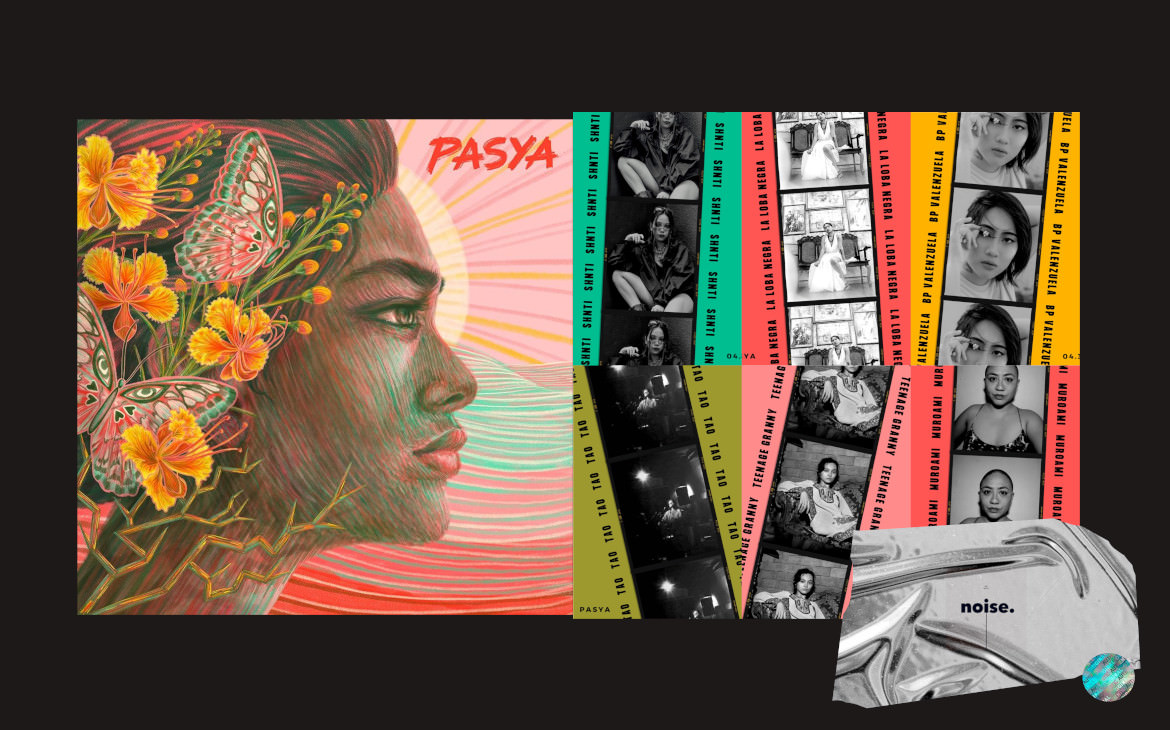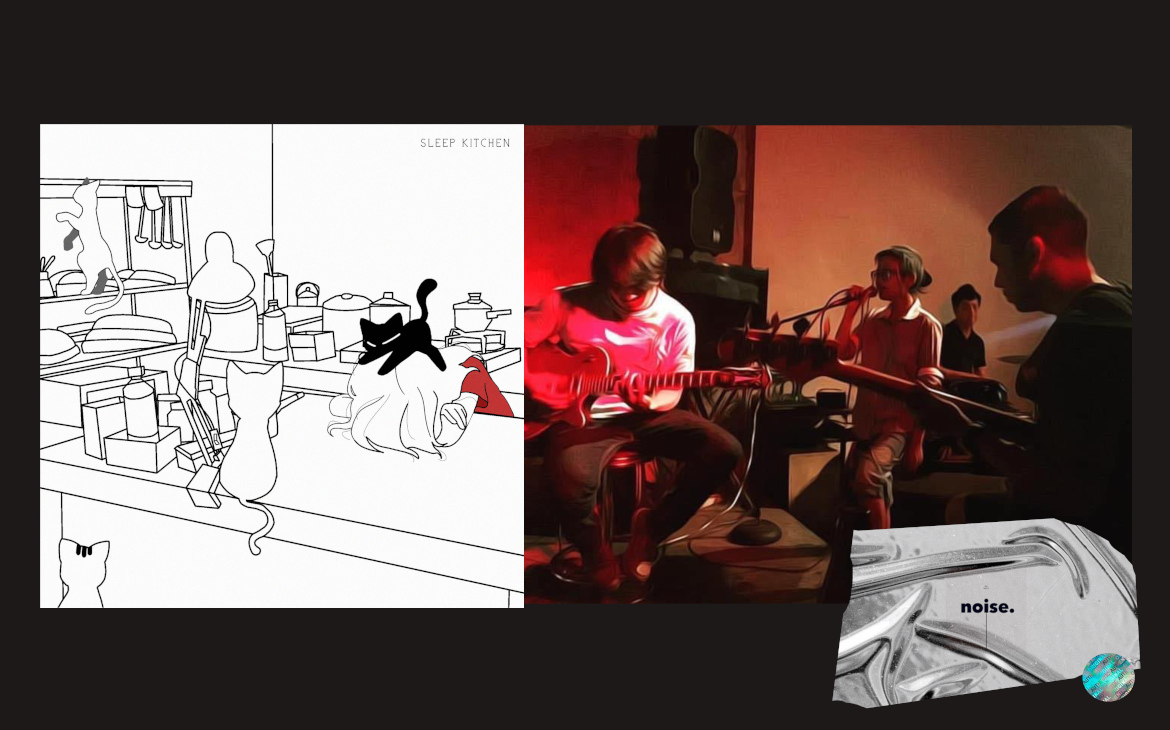Dicta License’s first album in over 15 years, Pagbigkas, is more than a return to form
Words by Jam Pascual
When Ferdinand Marcos was set to be buried in the cemetery of heroes, one line from Dicta License’s 2005 hit “Alay Sa Mga Nagkamalay Noong Dekada Nobenta”—a classic in the great Philippine rap rock songbook—unwittingly became a rallying cry, more than a decade removed from its time: “Hukayin ang nakalibing.” November 2016, I was at the People Power monument, surrounded by droves of furious ‘90s babies, screaming to exhume from the earth what poisons it. A dictator’s bones slept in honored soil while betrayed constituents stood shoulder to shoulder in rain, clamoring for humane futures.
For years after, we would continue to discourse about bodies being where they shouldn’t be. Who else is stuck at home, listening to the Dicta License’s latest album, Pagbigkas, wishing there was a rally through which we could direct this renewed fervor?
Anticipatory grief is another feeling we’ve been forced to get used to, besides rage. Lining up to vote for the 2019 Senatorial Elections, dead set and agitated about filling my circles in cleanly, I made a small playlist of protest songs. Like it could keep my blood pressure level. I don’t know—the democratic process doesn’t feel rock and roll, but it’s either you get into the spirit of things or buzz off. “Bagong Bayani” was in that playlist. Sampling Ja Quintana’s “K,” a folk protest tune, the track extracts its main hook and splices it into an industrial rock-like call to arms, whose keys and drums make it feel more like a One Day As A Lion cut. I experience minor synesthesia when I listen to that song—it’s the color purple, the shade of indelible ink. I remember feeling like a fool for being surprised that Cynthia Villar, national bulldozer, would garner the most votes. So little has changed.
And yet much has shifted as well. “Hinahamon and panahon / Sino ang tutugon?” frontman and lyricist Pochoy Labog implores. More than 15 years since Paghilom, Dicta License is far from the nu metal wave that lifted them up, trying new things. Dissent and the creative process concurrently run as continuous labors, experimentations of what feels most right. At the same time, it seems the heart of Dicta License has remained constant and true.
Let us set aside for a moment all debates regarding art’s role or value as a social and moral regulator. Every once in a while there comes a song or a record, truculent and frank, that makes its political goals known. It situates itself as a disruptor, a new needle threading up a country’s moral fabric.
What is Pagbigkas? It is not a return to form, even though crunchy-as-fuck riffs make a return in tracks like “Kasama” and “Posas,” thanks to Kelley Mangahas and Boogie Romero’s masterful rhythm work. The record is still heavy as hell, but it carries a different weight. In “Salita,” Labog echoes the rhetorical tactics of Duterte loyalists—“Puro ka reklamo / Ikaw na ang matalino / Puro ka lang ingay / ‘Wag ka ngang pasaway”—and turns these words on their heads, a rapper of high caliber teaching the double-edged nature of language. The chorus of “Salita” is a delicious hook over a restrained riff, reminding listeners that Labog isn’t just a nimble lyricist but a smart melody-maker.
In many ways, Pagbigkas is direct. Take for example the blunt-as-fuck “Diktador” featuring Saab Magalona-Bacarro on backup vocals. “Diktador ba ang kailangan? / Ihanda na ang kadena, kapalit ng kalayaan,” Labog goes. It’s a couplet that could apply to virtually any point of Philippine history which, contrary to the lies of reactionaries, is fraught with colonialism and imperialism, but you can tell from Labog’s pugnacious tone that it pointedly refers to the current administration. Same goes for the more somber “HWFF,” its pleas carried by a marching band type drumline.
So the record is a middle finger. But more than that, I believe Pagbigkas is a love letter to the Filipino people. It shows its love by identifying the enemy, and energizing those who fight. “’Di ba na sa iyong kamay ang kapangyarihan?” The rhetorical question is comfortably nestled in the chill-hop arrangements of the record’s final track, as if to say that the destination of all this struggling is a sense of peace, which is entirely correct. This is how we fight fascists.

